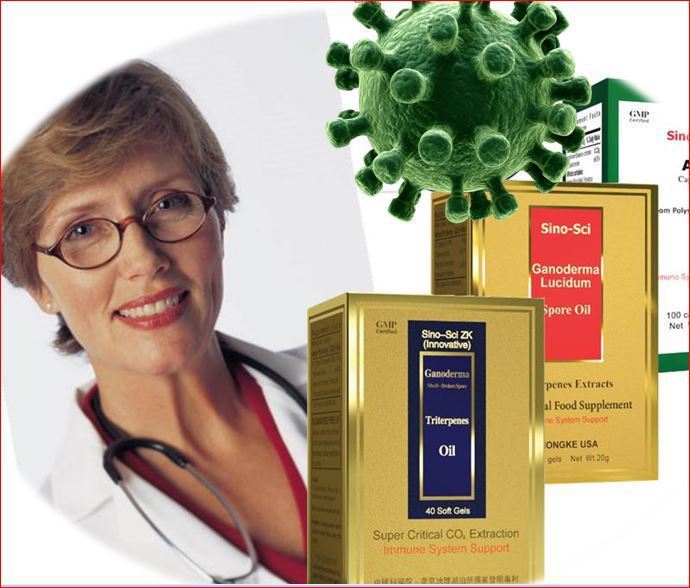Rio de Janeiro Declares Public Health Epidemic Over Surge in Dengue Fever Cases
Rio’s Key Tourist Season Threatened by Dengue Fever Outbreak
RIO DE JANEIRO — In an urgent bid to tackle a surge in dengue fever cases during Rio de Janeiro’s crucial tourist season, a dedicated team of state public health workers has been actively working to combat the mosquito-borne illness. With Brazil’s Carnival festivities just around the corner, the city and several other states were forced to declare a public health epidemic due to the unusually high number of dengue fever cases.
Rapid Increase in Cases
Brazil has recorded a staggering 512,000 cases of dengue fever nationwide, within just the first few months of this year. This is nearly quadruple the number of cases reported during the same period last year. The city of Rio de Janeiro, in particular, has been hit hard, prompting health officials to take swift action.
A Constant Battle
Dengue is a viral infection transmitted through the bite of infected mosquitoes. Rio’s tropical climate, frequent rainfall, and high temperatures make it a hot spot for mosquito breeding, posing a constant threat of dengue fever outbreaks. While most cases go unnoticed or resolve within a week, some cases can be severe and even fatal. Health workers are now intensifying efforts to contain the disease.
Meticulous Inspections
Recently, a diligent team of health workers led by 56-year-old entomologist, Paulo Cesar Gomes, combed through a sprawling junkyard in search of potential breeding sites for mosquitoes. They collected mosquito larvae and eggs from standing water found inside auto parts and subjected them to laboratory testing for dengue. Any area testing positive would undergo targeted mosquito elimination measures and strict surveillance to prevent further risk.
A Perfect Storm of Circumstances
Experts suggest that the dramatic increase in cases can be attributed to a combination of factors. Excessive heat, unusually heavy rainfall, and the presence of four dengue virus serotypes circulating simultaneously have all contributed to the surge. The unanticipated appearance of a dengue serotype that had not been observed in 15 years has further complicated the situation.
Starting in Their Own Backyards
Health officials claim that more than 80% of mosquito breeding sites in Rio de Janeiro are found in residential properties. To effectively combat the disease, efforts must begin at home. Officials have launched a campaign titled “10 minutes that save lives” to encourage residents to inspect their homes and eliminate any standing water that could serve as mosquito breeding grounds.
A Community Involved
Health workers and volunteers are actively engaging with residents, going door-to-door in Rio’s Tabajara neighborhood, a working-class community known as a favela. Leaflets are being distributed, and rooftops are being checked for any containers collecting rainwater, which might become potential breeding sites. This collective effort aims to raise awareness and empower individuals to protect their own homes and neighborhoods.
Mitigating Risks During Carnival
As Carnival rolled around, health employees welcomed visitors with free mosquito repellent to safeguard against potential dengue infection. A prominent van, adorned with a crossed-off mosquito and the slogan “Against Dengue Everyday,” accompanied Carnival parades, creating widespread awareness to millions of television viewers. However, the full impact of Carnival on disease transmission remains to be seen, as the potential spread to unaffected areas is a significant concern.
The Future Remains Uncertain
As national and local efforts are put into curbing the epidemic, public health authorities are uncertain about the trajectory of the outbreak. It is yet to be determined whether the cases will peak and begin to decline or if this is just the start of a worst-case scenario. Continued vigilance, mosquito control, and heightened public awareness will be crucial in determining the ultimate outcome.
____
Follow AP’s coverage of Latin America and the Caribbean at https://apnews.com/hub/latin-america


